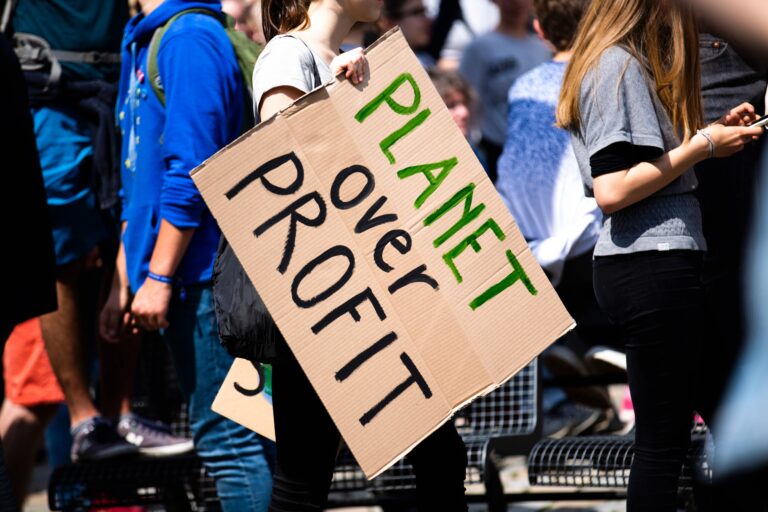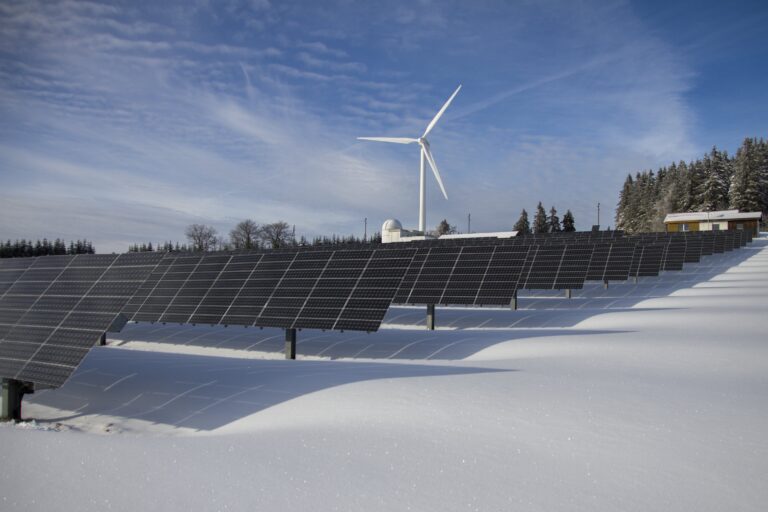are Chinese EVs a threat to national security?

First it was Chinese weather balloons, now it’s their electric vehicles. The Biden Administration’s declaration Thursday that Chinese EVs are a national security risk lays out a stark threat to American drivers and highways.
The idea that Chinese EVs are collecting data on how many times we change lanes without using our indicators or how many Wendy’s we pass on the way to grandma’s is apparently too much for U.S. intelligence authorities. Forget Google’s Street View, which has been driving around spying on us for a decade now. Any sighting of a BYD Qin Plus in our neighborhoods going forward is likely to invite a rapid police response.
Actually, the move by the administration makes all sorts of sense — politically. It stems, for the time being, a rising panic among U.S. auto workers and car companies that China is about to invade the U.S. market with its best-selling EVs through Mexico. BYD is the largest-selling EV maker in the world and is beginning to move into the European market. Just Wednesday, it said it is looking for a plant in Mexico to start selling in that market, possibly prompting the Biden response.
It’s a quick way to lock up the auto vote, and to prevent Donald Trump from making it his own in the election campaign. Good for Tesla TSLA 0.05%↑ , too, we imagine. Bad for anyone looking for an inexpensive EV, of course. But, well, national security.
The action is expected to be only the first of a series of aggressive steps against Chinese EVs, including increasing existing tariffs on them and further prohibiting Chinese auto parts from being used in American-made EVs. Next step, Chinese solar panels and their data collection threat to our homes.
Sponsor
Find a Vetted Financial Advisor
- Finding a fiduciary financial advisor doesn't have to be hard. SmartAsset's free tool matches you with up to 3 financial advisors that serve your area in 5 minutes.
- Each advisor has been vetted by SmartAsset and is held to a fiduciary standard to act in your best interests. Get on the path toward achieving your financial goals!
More from ClimateCrisis 247
- The energy play when the aI shakeout begins
- climate investors and the new drone age
- Climate world turns to London as U.S. retreats
- In month of historic pivot points, clean energy at crossroads






